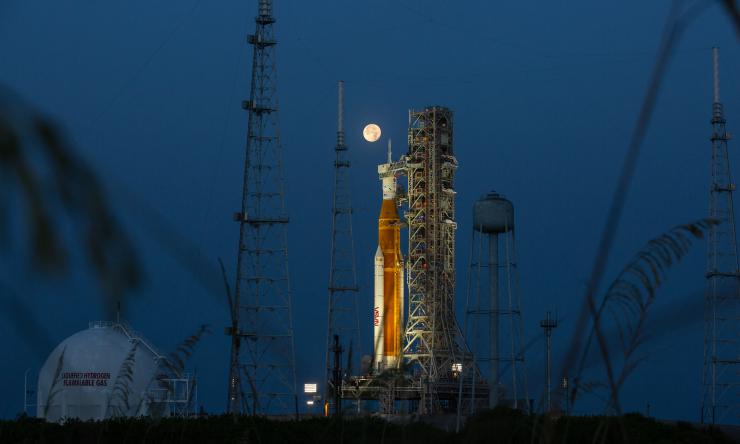TRISH selects 2023 class of space health postdoctoral fellows
The Translational Research Institute for Space Health (TRISH) at Baylor College of Medicine with consortium partners California Institute of Technology (Caltech) and Massachusetts Institute of Technology (MIT) announced today its selections for the TRISH 2023 fellowship cohort of postdoctoral researchers.
“Supporting the next generation of space health researchers ensures that we will have the best possible data to make evidence-based decisions about managing human systems risk for exploration class missions,” said Dr. Jennifer Fogarty, TRISH’s chief scientific officer. “By investing in TRISH postdoctoral fellows, we’re investing in future experts who will strive to solve the complex problems and risks associated with human space exploration. We are thrilled to welcome these accomplished early-career scientists to the TRISH community.”
TRISH’spostdoctoral fellowship program supports early-career scientists pursuing research with the potential to reduce the health risks associated with spaceflight. Selected fellows will participate in TRISH’s Academy of Bioastronautics, a mentorship community for space health professionals, and receive a two-year salary stipend.
“Pursuing my postdoctoral training at TRISH has accelerated my career and expanded my research portfolio, enabling me to make new connections and become a more well-rounded scientist,” said Dr. Evan Buettmann, a TRISH third-year postdoctoral fellow at Virginia Commonwealth University. “Having completed my Ph.D. in bone regeneration, I didn’t initially anticipate that my studies would lead me to an academic career in space health. TRISH stood out to me as an excellent place to complete my postdoctoral training, as it’s at the cutting edge of both space science and medicine and offers extensive mentorship and leadership opportunities.”
This year’s selected fellows are:
Stephanie Dudzinski, M.D., Ph.D.
Extend healthy life in space by characterizing radiation-induced pro-inflammatory response and enhancing wound repair and recovery with radiation- mitigating thrombin peptide
Mentor: Steven Frank, M.D., University of Texas MD Anderson Cancer Center
Adrien Robin, Ph.D.
Effect of deconditioning on-gravitational dose-response curves for cardiovascular and ocular variables in men and women
Mentor: Ana Diaz Artiles, Ph.D., Texas A&M Engineering Experiment Station
Katherine Wozniak, Ph.D.
Defining gut microbial changes to space-like radiation to develop a radiation-resistant microbiome
Mentor: Robert Britton, Ph.D., Baylor College of Medicine
Supported by the NASA Human Research Program, TRISH is an applied space health research catalyst that funds disruptive, high-impact scientific studies and technologies to equip astronauts for deep space exploration. Learn more about TRISH and its future funding opportunities by signing up for its monthly newsletter.







 Credit
Credit


